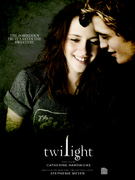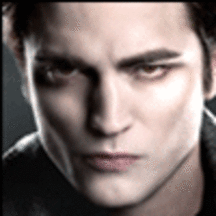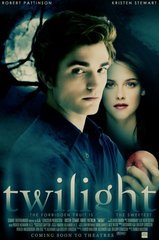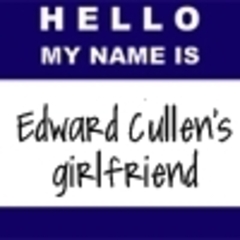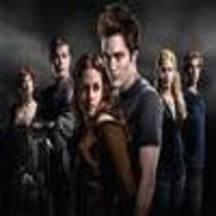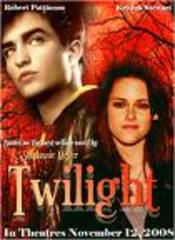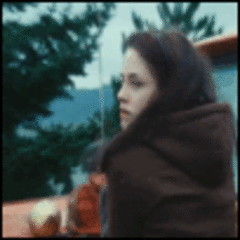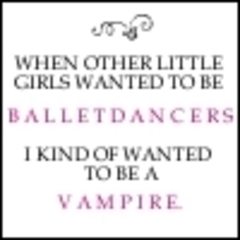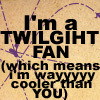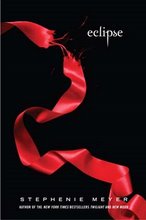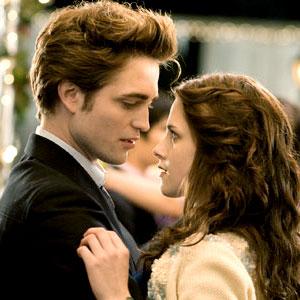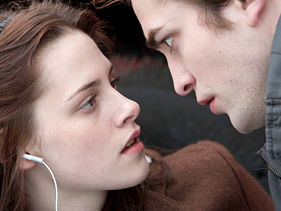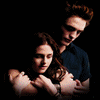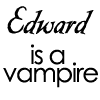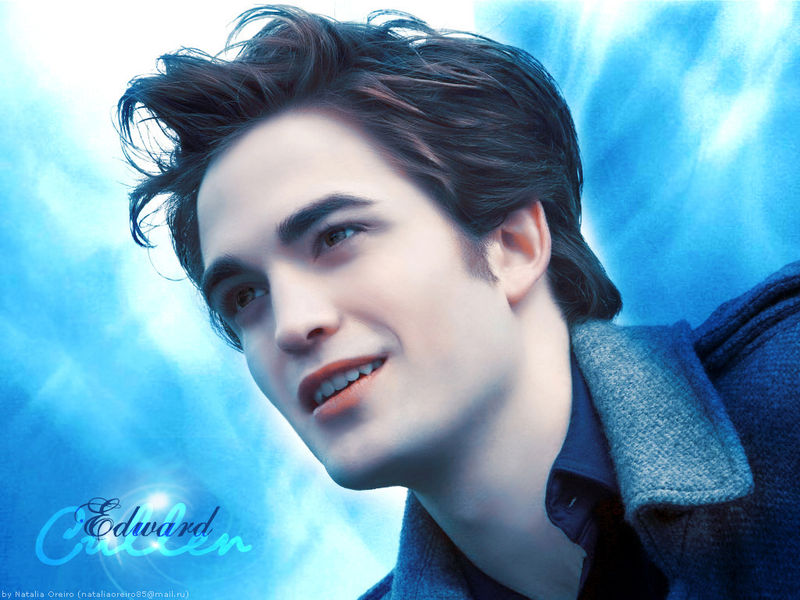Shells of Vampires
Twilight Lesson Plans
Vampires Don't Sparkle
One student said that his teacher banned Twilight from the classroom, saying that vampires don't sparkle and that they should instead read Dracula or Anne Rice. I thought that was interesting. Stephanie Meyers did change what we typically think about what a vampire is and what he does. For example, in her book Edward the vampire does not sleep. Typically vampires of the past have always had to sleep during the day, only to arise when the sun went down. Also Edward does not eat. Meyers really changed the way that we look at vampires.
It is interesting that there is such a movement about the Twilight series, and that this movement is stemming from the prototype of a character that we typically think of as evil. Yet Edward really isn't evil in the series.
Bella, the female character in the story is pictured as pretty helpless. I feel that the series makes women think that a man is their answer and that only he can save them. When the vampires are missing from school that does not really put out a good message either. Another thing I noticed in the movie was that Edward shows up in Bella's bedroom. To me this is like a stalker, and is not something teens should really think of as a good thing. In real life if someone showed up like that we would call the police. Instead Edward is thought of as a hero. Also teens should know that no one really can save us from a car accident.
The novel seems to portray women as helpless and stupid. Bella does not really flinch much in the movie when Edward informs her that he is a vampire. Yes, she does and did suspect this before, and yes, the novel does include more descriptions. Yet even so, she still wants to be with him. Right away, too. She does not consider that he might not be such a good guy to date. I am wondering what kind of lesson that teachers the younger readers of today...
Yet in spite of all this, the series has and still is a huge success. Why? Well, I think a lot of it is due to the movie and that it is a series. It has had the ability to bring students who are reluctant or non-readers to actually bring themselves to read. And that in itself is worth everything. Maybe Meyers is onto something...
Twilight Project Ideas
The following are some project ideas I thought of for students to work on when reading or after reading the series.
Write your own vampire saga. Think of your own characters, setting and plot. This could also be acted out for the class and videotaped.
Write a series of vampire poems. Use a variety of poetic devices such as Haiku, sonnets, found poetry, and so forth.
Write a newspaper with Twilight as the theme. You can have a comic section, news on people who have been bitten by the vampire or of seeing or suspecting vampires in the area, a sports section relating to the story, an obituary, and so forth. Be creative and use your imagination!
Act out a part from the book. This could either be a chapter or a small section. You can change the story and make it your own or keep it how it is and add your own acting, props, etc. to make the play interesting.
Interview one of the characters. Provide a transcript and tape recording. Think ahead of time what questions you would ask the character. For extra credit you could interview multiple characters from the story.
Read another book such as Dracula and write a paper comparing and or contrasting the books. You also could write a book review critiquing one or both of the novels.
Pretend that you are having difficulty reading. What strategies would you use or suggest to someone else when reading the series? Tell what it is about these strategies that works or does not work.
